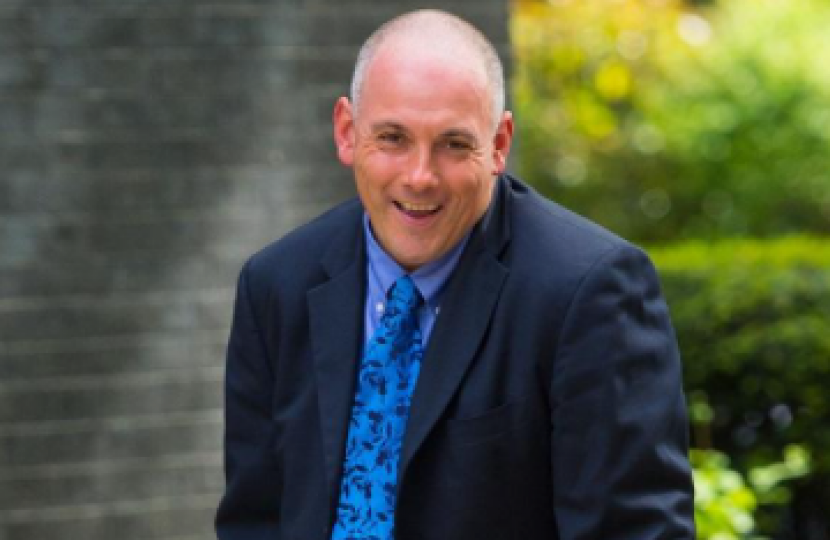
First published in the Yorkshire Post, 10 October 2020:
Not only do we now understand the scale of the digital divide (around 700,000 children were without proper computers or internet at home during the lockdown), but we also know that the attainment gap between disadvantaged pupils and their better-off peers is, at best, stalling and, at worst, widening.
Even before the pandemic, this was of huge concern. Teach First’s latest report found that no progress has been made on closing the GCSE attainment gap in the last three years.
Furthermore, early analysis by the Education Endowment Foundation estimated that the attainment gap could plausibly widen by as much as 75 per cent due to Covid-19 school closures.
More alarming, particular cohorts seem to be experiencing educational poverty more acutely than most.
White working-class boys and girls, for example, underperform significantly, even when compared to other disadvantaged groups
The struggle starts early, with four and five-year-old white British pupils eligible for free school meals lagging behind the average of all ethnicities when it comes to the Government’s own development targets. This inequality persists throughout their school career.
White free school meal-eligible pupils are the largest ethnic disadvantaged group failing to reach national school benchmarks at age 16, and they are also half as likely as their peers to achieve a strong pass in eight GCSEs.
Not surprisingly, after years of being on the backfoot, the disparity in university admissions is equally as stark, with the outlook particularly bleak for young white males.
Educational underachievement also reflects geography and poor access to good schooling. Schools in many deprived areas struggle to attract experienced teachers and leaders, who are so instrumental in driving up quality. Instead, more experienced teachers tend to gravitate towards less disadvantaged schools. An answer may be to establish teacher training colleges in areas of low attainment.
For too long, it was regarded as a taboo to talk about white working class. Inexplicably, the criticisms raised have ranged from accusations of racism, promoting general insults to white working-class families, or even sneers at the whole idea this could even be happening. But the job of those in education is to acknowledge and deal with these problems, however difficult, rather than sweeping them under the carpet.
The Government, rightly, has a relentless focus on standards and has done an enormous amount of work, particularly on phonetics and improving literacy. Almost seven million children are in schools rated “Good” or “Outstanding” by Ofsted.
But we must do more for those children who are still being left behind, including many of the tens of thousands of white British pupils who are eligible for free school meals.
So, what should be done?
Action must start in the first months and years of life. There is compelling evidence that the first few years of a child’s life are vital in development, and we should ensure that free childcare provision is focused on those families that really need it.
Family Hubs are a good way of supporting parental engagement for disadvantaged pupils. They take the principle of Children’s Centres even further by providing support to the whole family, and they build hubs for children from every age group, including teenagers.
Moving into the school years, there is the Pupil Premium, worth about £2.4bn in 2019/20. But whilst very welcome, there is not enough data on the pupils’ outcomes, how the money is spent and, in essence, if it is spent effectively. Some schools, for example, facing deep financial pressures, have used the Pupil Premium to try and close their deficits.
Second, there is the £1bn catch-up fund to help children recover some of their lost learning. Whilst this funding is hugely welcome, will enough be done to ensure it is focused on disadvantaged cohorts, like white working class girls and boys?
Careers advice across the country is extremely weak. Vast funding is going into a plethora of different organisations, whether it is the National Careers Service, the National Careers and Enterprise Company or local offerings. Those schools who are not adhering to the so-called ‘Baker Clause’, in terms of advising on FE and technical education, should face a significant response from Ofsted.
All this is about ensuring there is equality of esteem between apprenticeship routes and going to university. Over the next decade, universities should work towards a target of 50 per cent of their students undertaking degree-level apprenticeships.
In the House of Commons, I asked the Education Secretary what the Government is doing to ensure that more white working class boys and girls go to university – a reminder that for 87 er cent of male, white British free school meal pupils, university is not an option. The Higher Education Minister and the Office for Students must make it a priority to turn this situation around.
Our failure to address the lower attainment of white working class boys and girls is a terrible stain on our country. It can be a taboo subject no longer. There can be no more excuses.
The solutions are available. If we do nothing, we deny thousands of white working class boys and girls the chance to climb the ladder of opportunity and damage their life chances, from one generation to the next.
